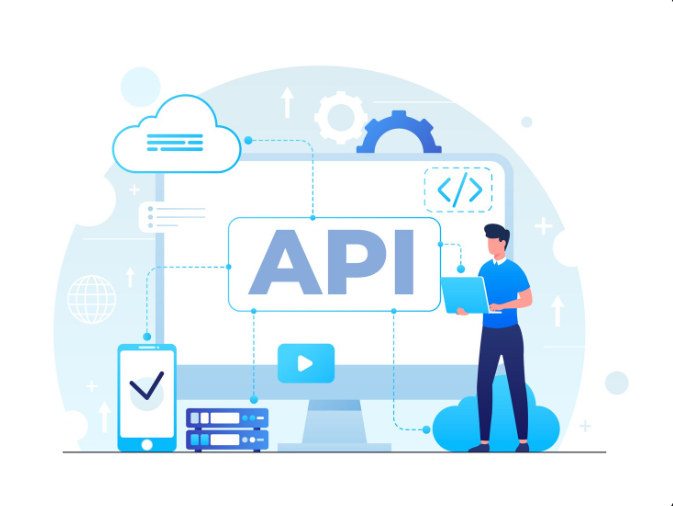Mastering API Testing and Automation with Postman
Imagine a bustling international airport. Flights take off and land every few minutes, each one depending on air traffic control to avoid collisions and reach its destination safely.
APIs are the air routes of modern software—they connect systems, carry data, and ensure seamless communication. Without oversight, these pathways can cause delays, errors, or even failures. Postman, one of the most trusted API testing tools, acts like the controller’s radar, ensuring every request and response travels safely and reliably.
The Need for API Testing
Think of applications as cities, where APIs serve as highways connecting different districts. If a road is broken or misaligned, the entire flow of traffic is disrupted. Similarly, a faulty API can break core features, compromise security, or frustrate users.
API testing validates these digital highways before they cause disruptions. With Postman, testers can simulate requests, verify responses, and ensure data travels accurately.
Professionals starting their careers often encounter these fundamentals in software testing coaching in Chennai, where they learn how APIs form the backbone of digital ecosystems and why testing them is vital.
Postman: The Tester’s Toolbox
Postman provides an intuitive environment that feels like a Swiss Army knife for API testers. It allows them to build requests, inspect responses, manage environments, and create collections of tests. Assertions verify data integrity, while environments enable quick switching between staging and production setups.
For testers, this means they can quickly catch issues—like checking whether login services return correct responses or whether payments flow securely. The simplicity of Postman hides its power: it reduces manual overhead while empowering testers to handle complex workflows with ease.
Automation with Postman
Manual testing resembles checking every passenger boarding pass at an airport by hand—it works, but it’s slow. Automation, on the other hand, is like biometric gates that verify hundreds of passengers instantly.
Postman’s collection runner and scripting capabilities enable automation of repetitive API checks. Integrated into CI/CD pipelines, these scripts ensure APIs are validated continuously as developers push code. This not only accelerates releases but also increases reliability by catching issues before they reach production.
Learners exposed to such practices through software testing coaching in Chennai gain hands-on experience in automation. They understand how Postman transforms testing from a manual task into an ongoing safeguard within agile development cycles.
Real-World Applications
The real impact of Postman is seen across industries. Online retailers rely on it to ensure seamless checkout processes, financial institutions test APIs for security and compliance, and healthcare systems use it to validate patient data exchanges.
For businesses, this translates to improved trust, faster release cycles, and reduced downtime. For testers, it means confidence in their ability to deliver high-quality software that supports critical operations.
Conclusion
API testing has evolved into one of the central practices of building resilient software. Postman equips testers with the tools to validate connections, automate workflows, and maintain confidence in system reliability.
By mastering Postman and its automation features, professionals prepare themselves for a future where APIs remain at the heart of digital transformation. With structured training, they can move from testing individual endpoints to orchestrating robust systems that deliver secure and consistent user experiences.

